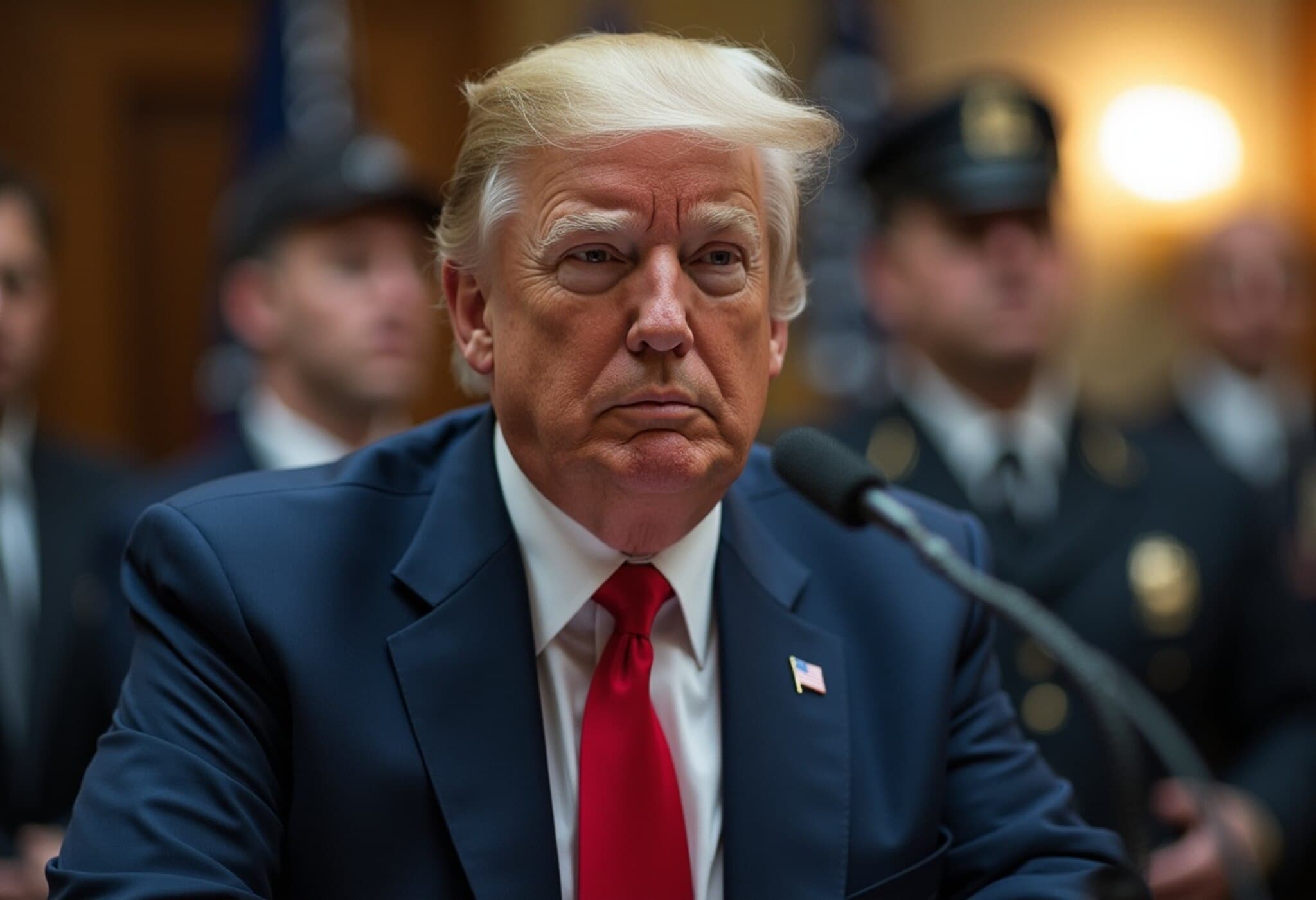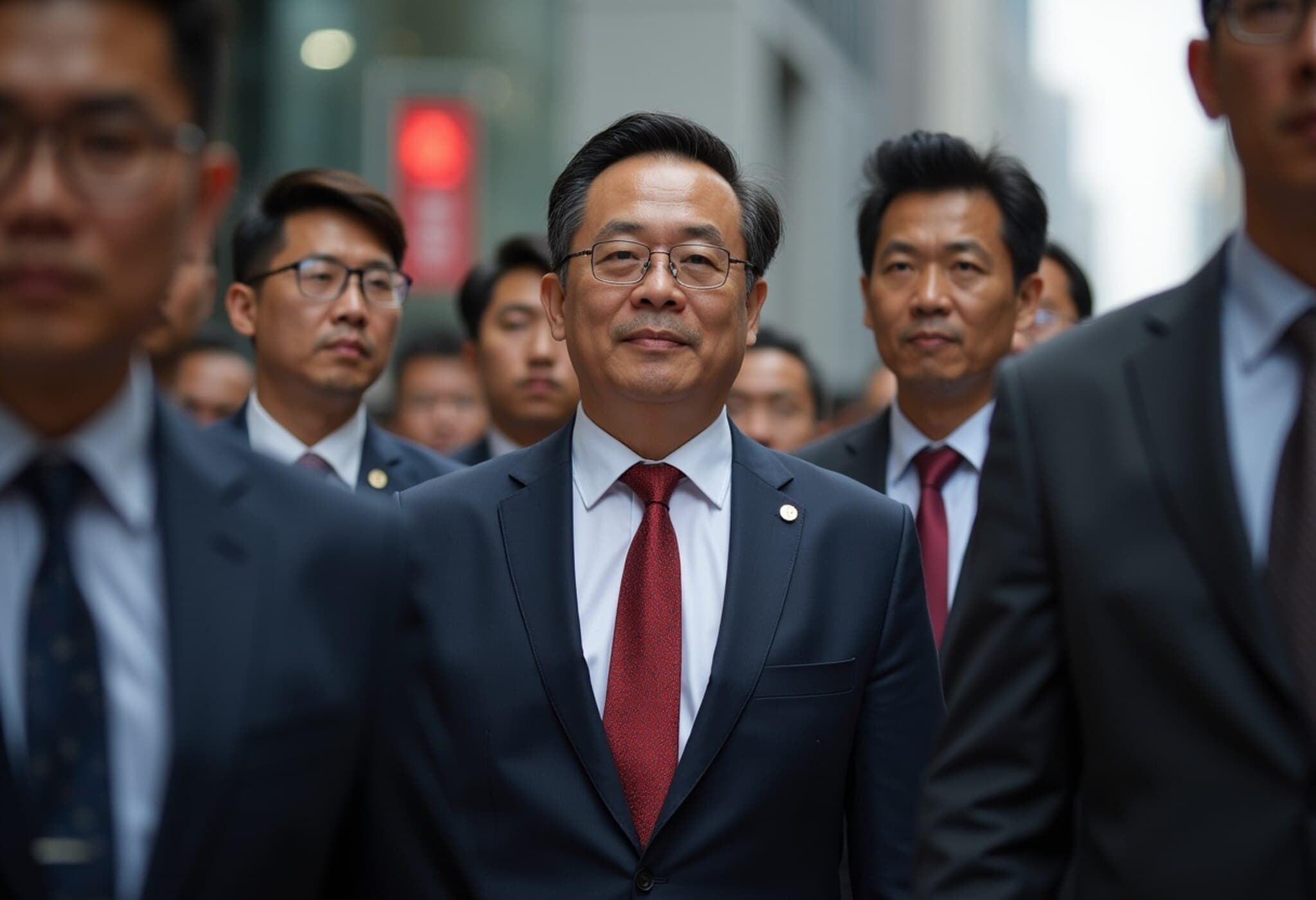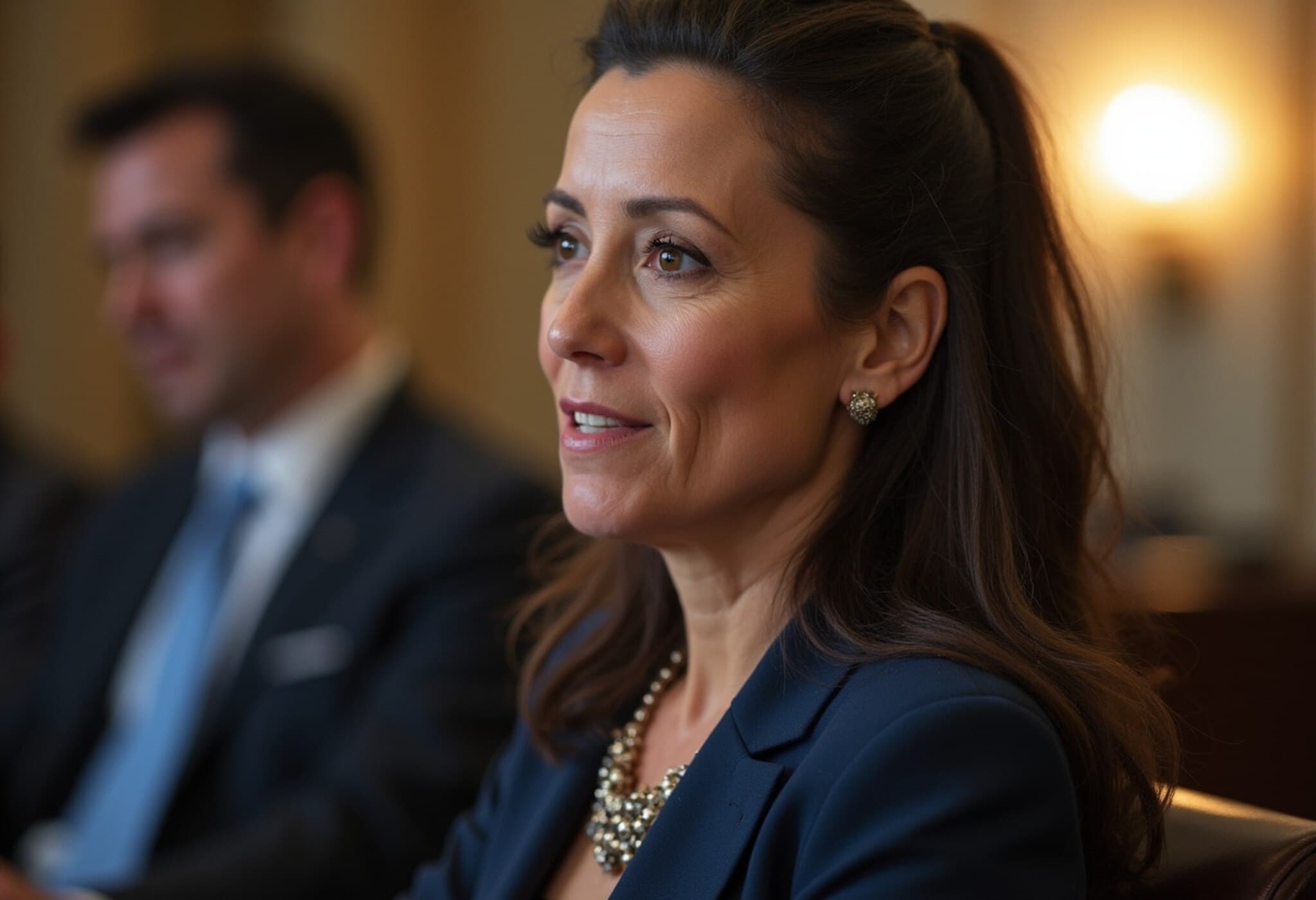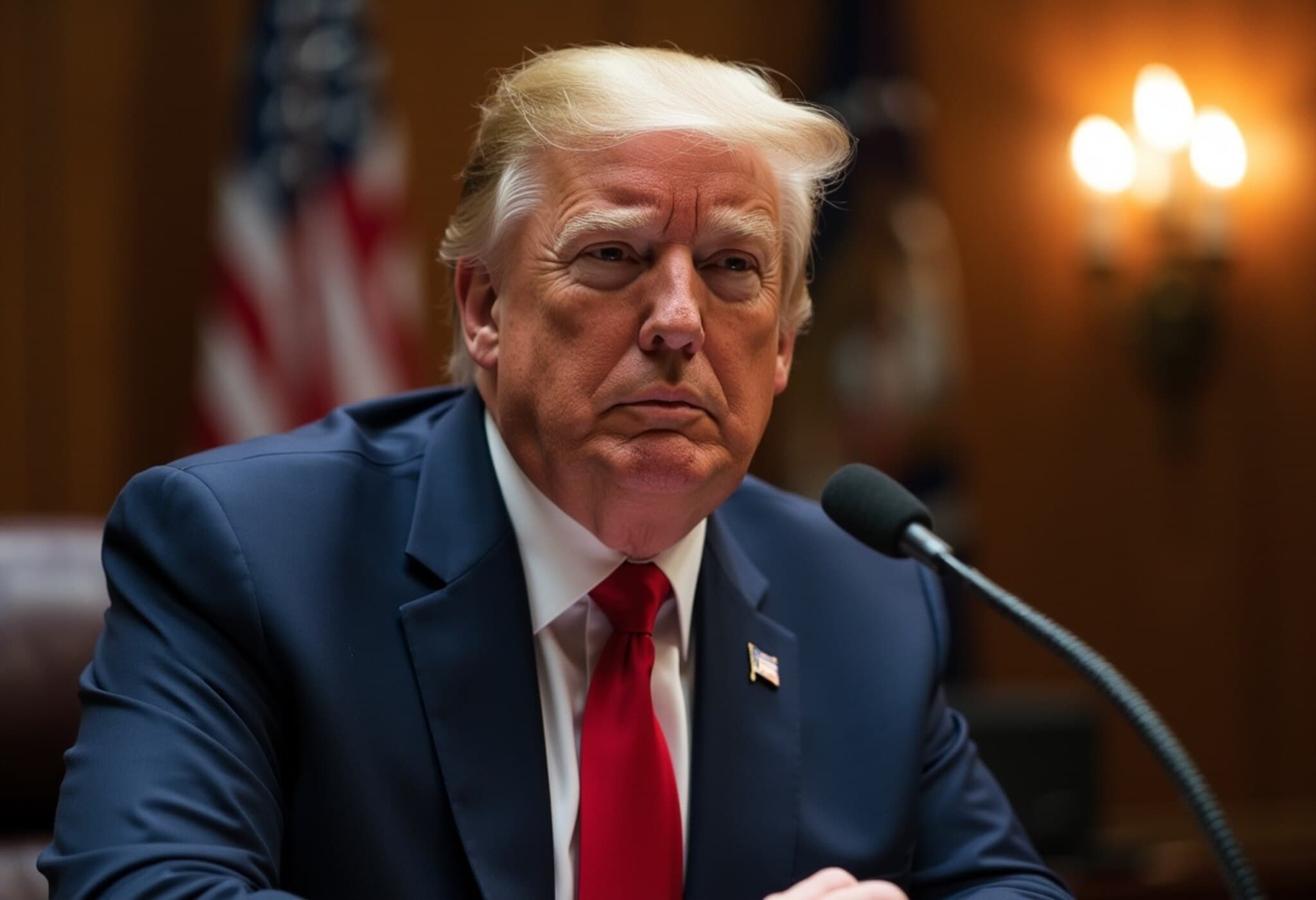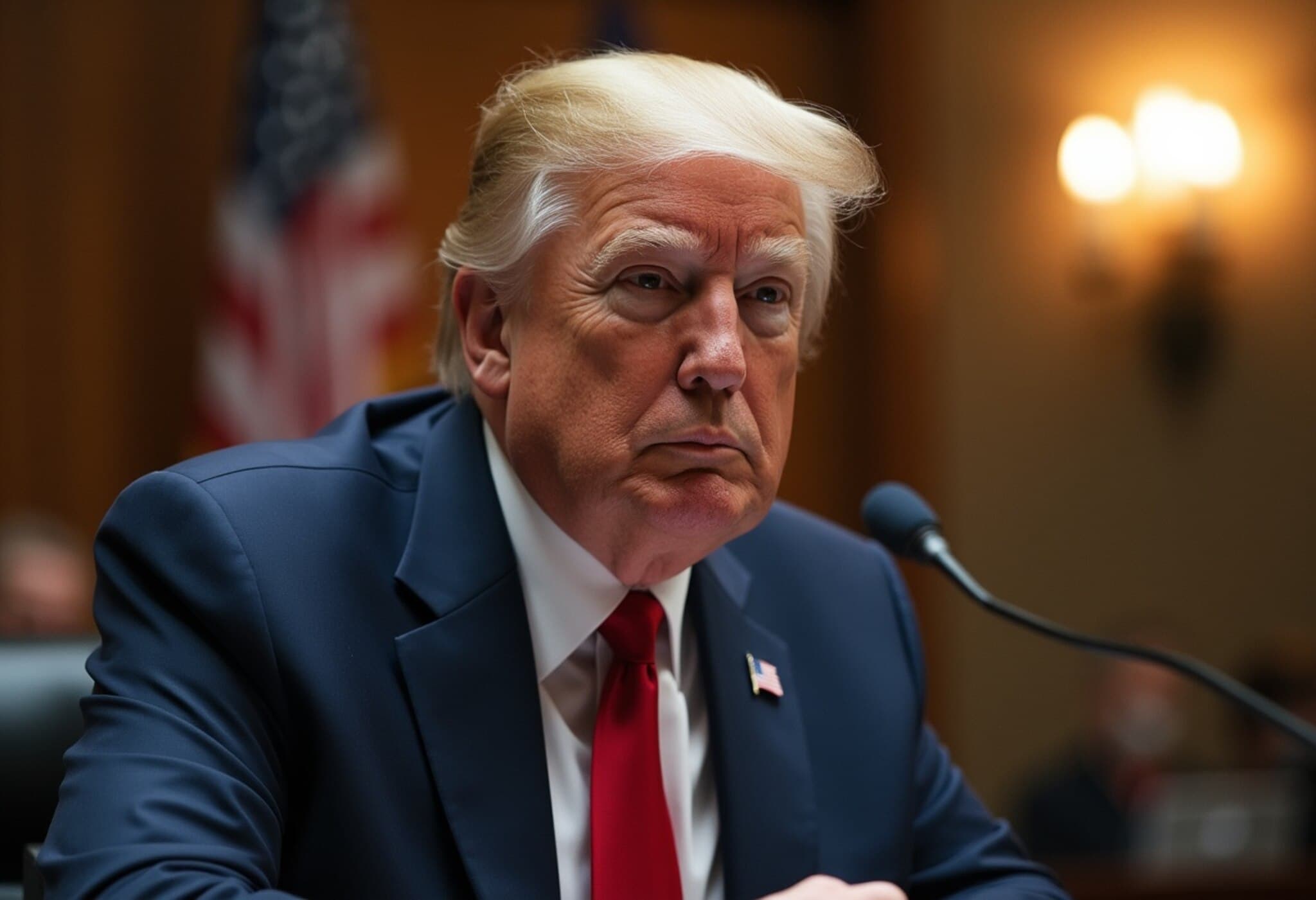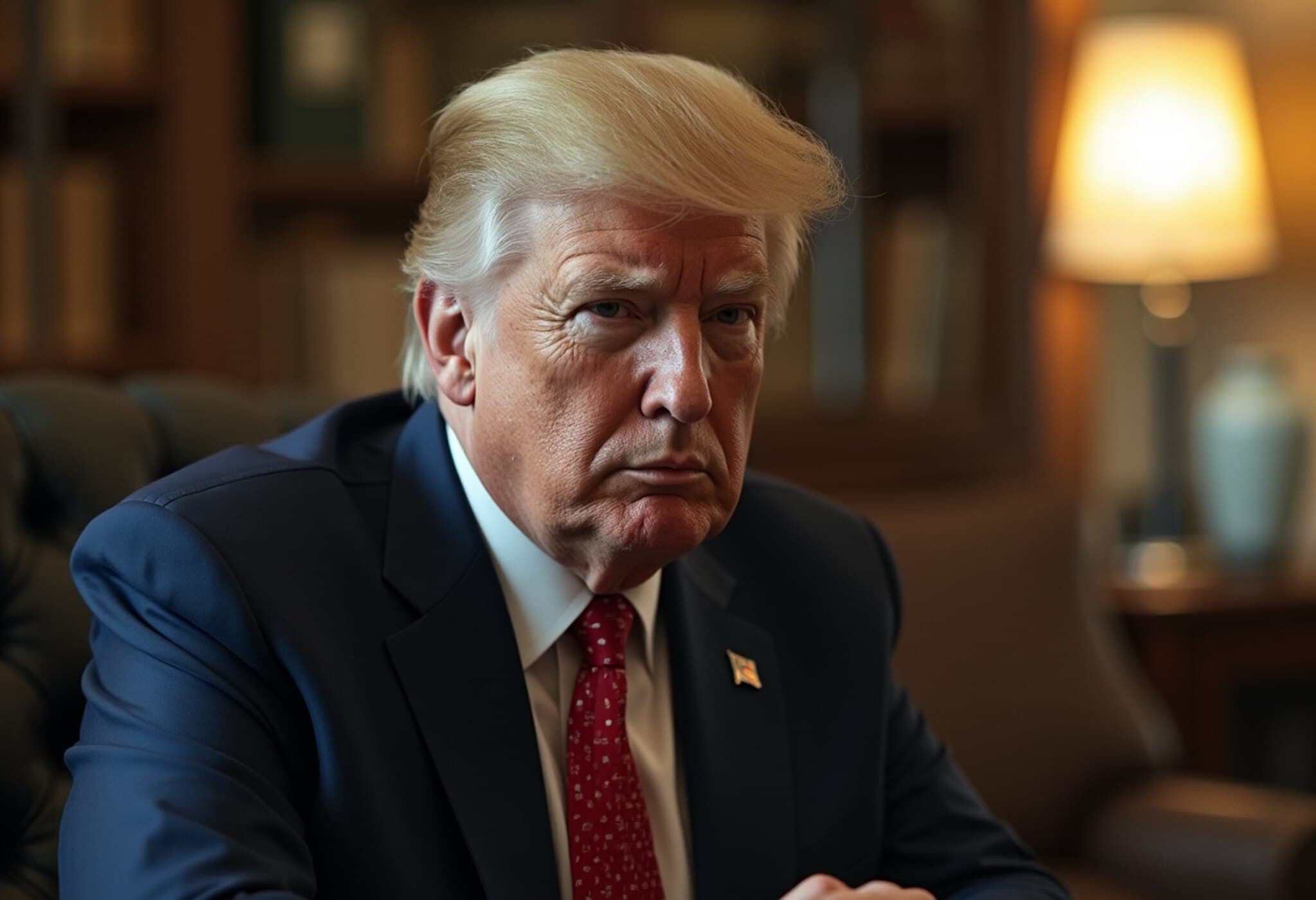Controversial Defendant Returns to Court Amid Heightened Trial Preparations
Nearly a year after the dramatic interruption of an alleged assassination attempt on former President Donald Trump, Ryan Routh, the 59-year-old man charged with the act, is back in the spotlight. This Thursday, Routh is scheduled to appear in federal court in Fort Pierce, Florida, where he will once again press his bid to dismiss his court-appointed lawyers and represent himself.
Background: A Failed Assassination Attempt Thwarted by Secret Service
On September 15, 2024, Routh allegedly positioned himself at former President Trump's West Palm Beach golf club, rifle in hand, intending to assassinate the then-presidential candidate. Thanks to the quick action of a U.S. Secret Service agent, the attempt was foiled before any shots were fired. As Trump entered the fairway, the agent spotted Routh aiming his rifle and opened fire, causing Routh to flee without injuring anyone. Law enforcement swiftly apprehended Routh, assisted by a vigilant witness who helped trace his escape route.
The Defendant’s Legal Strategy and Conflict With Counsel
Since his arrest, Ryan Routh has maintained a plea of not guilty to several serious charges including attempted assassination of a major presidential candidate, assault on a federal officer, and multiple firearm violations. The trial is set for September 8, 2025, with U.S. District Court Judge Aileen Cannon presiding.
However, the courtroom drama has intensified as Routh seeks to shed his court-appointed federal public defenders, arguing in a June 29 letter that the relationship was "a million miles apart". He claimed his attorneys refused to answer his questions, and within the same correspondence, he offered a startling suggestion: that he might be used in a prisoner exchange involving countries like Iran, China, North Korea, or Russia. Routh wrote, "I could die being of some use and save all this court mess, but no one acts; perhaps you have the power to trade me away."
Highlighting the deep rift, the federal public defender’s office filed a motion to withdraw, stating, "the attorney-client relationship is irreconcilably broken." According to their motion, Routh declined six scheduled meetings, including a recent in-person meeting at a Miami detention center. They acknowledged his constitutional right to self-representation but cautioned the complexity this would introduce given the gravity of the charges.
Judicial Perspective and Legal Precedent
Judge Cannon has made it clear she does not plan to delay the trial start date even if Routh wins the right to represent himself. This stance underscores the court’s commitment to procedural integrity and timeliness, despite the defendant's unconventional legal approach.
Importantly, under U.S. Supreme Court rulings such as Faretta v. California, defendants have a constitutional right to waive counsel and self-represent if deemed competent by the judge. Whether Routh meets this threshold remains a critical question that will soon be answered in court.
Implications and Broader Context
This case ripples far beyond a single court docket. It probes the limits of the American justice system's balance between ensuring a fair trial and respecting defendants' autonomy—even when charges are as serious as an attempted assassination of a prominent political figure.
Legal experts note that self-representation in complex federal cases often places defendants at a severe disadvantage, potentially risking their right to a fair trial and complicating evidentiary and procedural matters. With Routh’s history of conflict with his attorneys and his controversial remarks, observers are keenly watching how the court navigates these competing interests.
Moreover, the case shines a light on national security concerns and the role of vigilant communities and law enforcement coordination in thwarting domestic threats.
Upcoming Proceedings and Points to Watch
- Routh’s next court appearance will further clarify whether he will officially waive his right to counsel.
- On Friday, Judge Cannon will hold hearings regarding the admissibility of certain evidence and testimonies pivotal to the trial.
- In addition to federal charges, Routh faces state-level accusations, including terrorism and attempted murder.
Expert Insight:
From a legal policy perspective, this case tests the robustness of courtroom rights and the seriousness with which the judiciary must weigh a self-representation request—particularly in cases with profound political and social ramifications. It also raises important questions about the mental competency evaluations required before allowing a defendant to proceed pro se, a consideration critical to safeguarding justice.
Editor’s Note
As Ryan Routh's trial inching closer, it encapsulates a high-stakes drama where legal rights, political violence, and national security intersect. Readers should consider: How does the justice system ensure both the defendant’s rights and societal safety? What does the push for self-representation reveal about defendants’ trust in legal institutions? This case is a compelling lens through which to examine these enduring questions.


